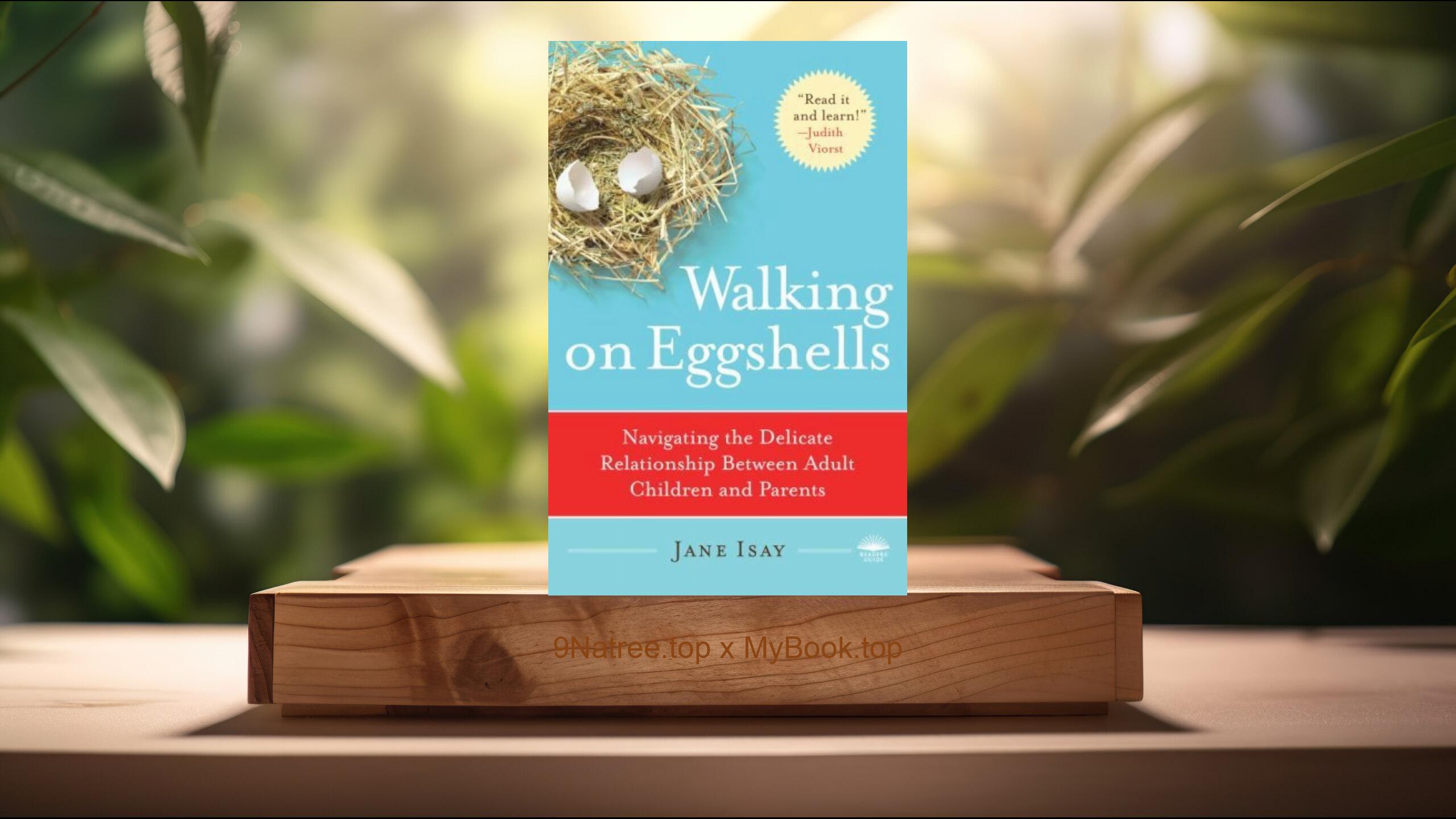Show Notes
Buy on Amazon: https://www.amazon.com/dp/B07NTX84PY?tag=9natree-20
Read more: https://mybook.top/read/B07NTX84PY/
#genderequality #householdmanagement #worklifebalance #communicationinrelationships #domesticresponsibilities #personalgrowth #equitablelabordistribution
These are takeaways from this book.
Firstly, The Unspoken System of Domestic Inequality, Eve Rodsky addresses the pervasive issue of domestic inequality, where women disproportionately bear the burden of household management and caregiving responsibilities. Despite significant progress toward gender equality in the workplace, this disparity remains deeply entrenched in the home. Rodsky illuminates how societal expectations and unspoken agreements shape a system where the brunt of domestic tasks and mental load falls on women. She explains the detrimental effects of this imbalance on individuals' well-being, relationships, and overall household harmony. By scrutinizing the root causes of domestic inequality, Rodsky sets the stage for introducing her system of fair distribution of household labor.
Secondly, The Fair Play Card Game, At the heart of Rodsky's solution is the Fair Play Card Game, a novel approach to mitigating household workload disparities. This game involves dividing household tasks into cards that are then fairly distributed between partners, taking into account each person's time, energy, and skill constraints. The game encourages open communication, setting clear expectations, and flexibility, allowing tasks to be renegotiated as circumstances change. Through engaging in this game, couples can achieve a more equitable split of chores and responsibilities, thereby fostering a sense of fairness, improving relationship quality, and freeing up time for both individuals to pursue personal interests and rest.
Thirdly, Communication and Negotiation, Communication and negotiation are central to Rodsky's philosophy for achieving domestic harmony. She emphasizes the importance of couples having honest and ongoing conversations about their needs, expectations, and frustrations. The Fair Play system encourages partners to articulate their perceptions of workload imbalance and to collaboratively find solutions. By negotiating responsibilities based on the Fair Play cards, each individual's preferences and capabilities are considered, which helps in tailoring a more balanced and satisfying division of labor. Rodsky provides practical tips for effective communication and negotiation, highlighting how these skills are vital not just for redistributing household tasks, but for strengthening relationships overall.
Fourthly, Reclaiming Time and Identity, One of the key goals of Fair Play is to help individuals reclaim their time and identity beyond their roles in the household. Rodsky advocates for a system where both partners have the opportunity to pursue their passions, hobbies, and career goals. By ensuring that household responsibilities are equitably shared, each person gains the freedom to explore personal interests and aspirations. This shift not only contributes to individual fulfillment but also enhances mutual respect and understanding within the relationship. Rodsky underscores the deep connection between equitable labor distribution at home and the broader quest for personal growth and self-actualization.
Lastly, The Impact on Children and Society, Rodsky extends her discussion beyond the immediate family unit to consider the societal impact of equitable labor distribution. She argues that when children observe a fair division of labor at home, it sets a powerful example for them regarding gender equality, partnership, and respect. Such experiences can help in breaking the cycle of domestic inequality for future generations. Additionally, by alleviating the undue burden on one partner, typically the woman, Fair Play contributes to broader societal shifts towards gender equality. Rodsky posits that when both partners engage in caregiving and domestic responsibilities, it challenges traditional gender roles and promotes a more inclusive and equitable society.
In conclusion, Fair Play: A Game-Changing Solution for When You Have Too Much to Do (and More Life to Live) is essential reading for anyone struggling to balance personal and professional life, especially for couples feeling the strain of unequal domestic duties. Eve Rodsky provides not just a diagnosis of the problem of domestic inequality but also offers a practical, innovative solution through the Fair Play system. Her method encourages communication, fairness, and partnership, promoting a more balanced and fulfilling life for both individuals in a relationship. As such, the book is particularly beneficial for couples seeking to improve their relationship, enhance mutual respect, and pursue individual passions. By applying the principles of Fair Play, readers can expect not only to address the imbalance of household labor but also to foster a more equitable and supportive domestic environment. Ultimately, Rodsky's guide is about much more than managing household chores—it's about reimagining relationships for a more just and joyful life.
![[Review] Fair Play: A Game-Changing Solution for When You Have Too Much to Do (and More Life to Live) (Reese's Book Club) (Eve Rodsky) Summarized](https://episodes.castos.com/660078c6833215-59505987/images/1705092/c1a-085k3-k5xx8mm4cpvd-bippyz.jpg)




